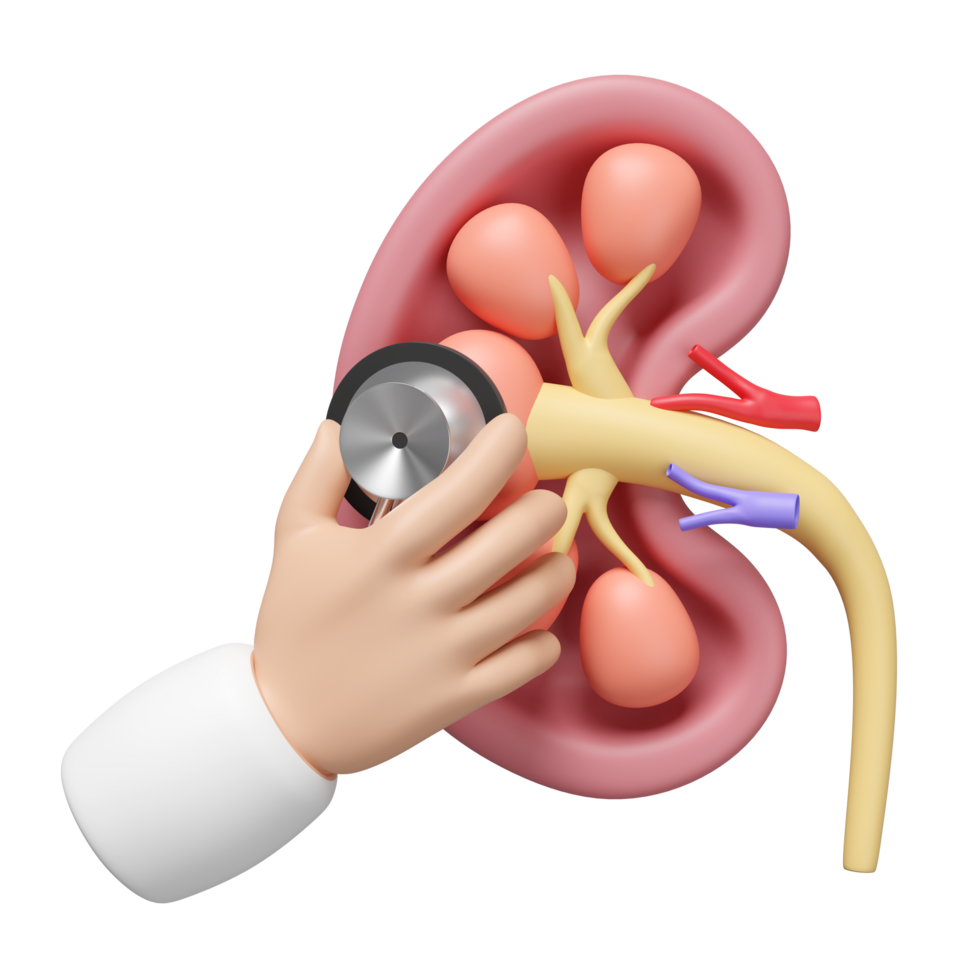Hypospadias is a condition present from birth.It occurs when the urethra’s aperture, or “meatus,” the hole from which urine emerges, is located on the underside of the penis as opposed to the tip (“distal” position). In certain instances, it may be located in the “proximal” positions—the center of the penile shaft, the base of the penis, or even inside the scrotum. The location of the urethral opening will determine how your child’s care team fixes it.
How Common is Hypospadias?
it is thought that hypospadias occurs in about 1 in 200 boys. If a brother or a father has hypospadias, the risk in a second boy increases to 21 out of 100.
What are Common Signs or Symptoms?
- The main sign a boy has hypospadias is the opening of his urethra is on the underside of his penis, rather than the tip. Other signs you might see are:
- a downward urine spray (in boys with more severe hypospadias, this may mean he has to sit down to pass urine)
- a downward curve of the penis, which is called “chordee”
- an odd look to the tip of the penis
How is Hypospadias Diagnosed?
Most typically, hypopadias is observed at birth. The meatus is positioned incorrectly, and the underside of the foreskin is frequently not fully developed. As a result, the tip of the penis is exposed due to a “dorsal hood” of foreskin.
How is Hypospadias Treated?
The child’s symptoms, age, and overall health will all influence the course of treatment. The severity of the ailment will also play a role. Hypospadias cannot be cured by medication, and a child will not outgrow it. Some males have such a modest ailment that they don’t receive any treatment. Others may have to have surgery. Surgery is frequently performed on children between the ages of six and twelve months. Making a normal, straight penis with a urinary channel that ends at or close to the tip is the aim of any kind of hypopadias surgery. Four steps are primarily involved in the operation: Positioning the meatus in the penis’ head; repositioning the urinary channel; straightening the penis’ shaft; and cutting or rebuilding the foreskin To determine the best course of action if your son has hypopadias, consult a urologist.
Questions to Ask Your Doctor:
- What kind of surgery is best for my son, if any?
- After surgery, how should I take care of my son?
- How much time will it take to heal?
- How much does the care cost, and do you accept insurance?







